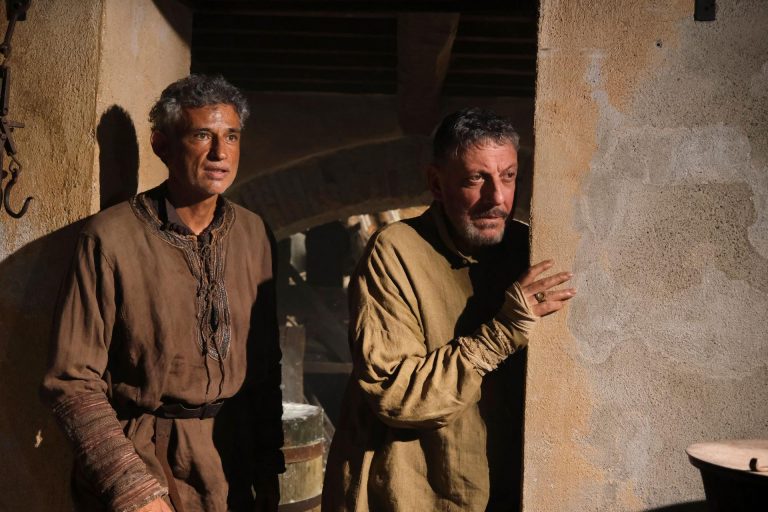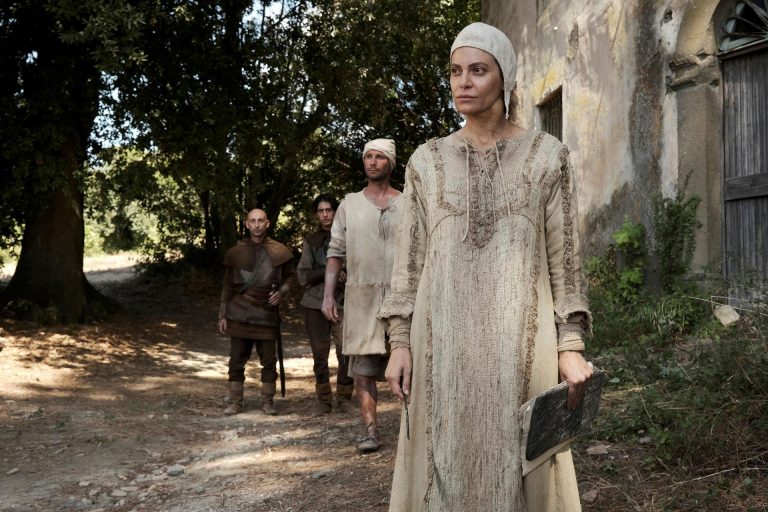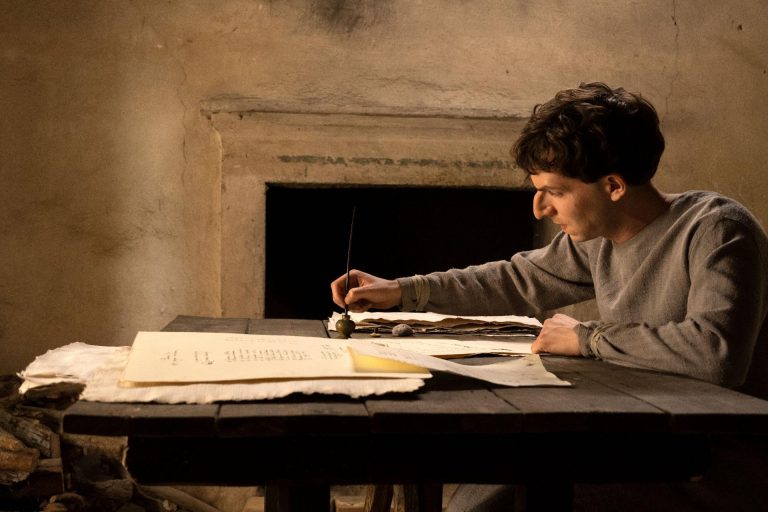September 1350. Giovanni Boccaccio was commissioned to bring ten gold florins as symbolic compensation to Sister Beatrice, daughter of Dante Alighieri, a nun in Ravenna in the monastery of Santo Stefano degli Ulivi.
Dante died in exile in 1321 while his fame, thanks to the popularization of the Commedia, spread everywhere. His last twenty years had been terrible, in continuous flight, seeking hospitality at the various courts, with a sentence to the stake and beheading inflicted both to him and his sons who fled from Florence.
Meanwhile, in the Tuscan capital the balance of power has profoundly changed, and the city seeks a reconciliation, albeit posthumously, with a fellow citizen of this value. The ten florins would be the symbolic compensation for the confiscation of Dante’s assets and for the sentence to be burned alive and beheaded decreed almost half a century before by the Florentine municipality. Against part of the ecclesial world that considers the Commedia a diabolical work, Giovanni Boccaccio accepts this task in the belief that he can carry out an investigation on Dante, which will allow him to narrate his human story and injustices he suffered.
In his long journey Boccaccio, in addition to Dante’s daughter, will meet those who, in the last years of the Ravenna exile, gave him shelter and offered hospitality, and those who, on the contrary, rejected him. Retracing from Florence to Ravenna a part of what was Dante’s journey, stopping in the same convents, villages, castles, and libraries, Boccaccio reconstructs the human story of Dante.

Year: 2022
Language: Italian with English subtitles
Duration: 94′
Free with registration. Doors open at 5:30pm CT.
Please register each participant individually, using the form on this page.
Reservation no longer available









